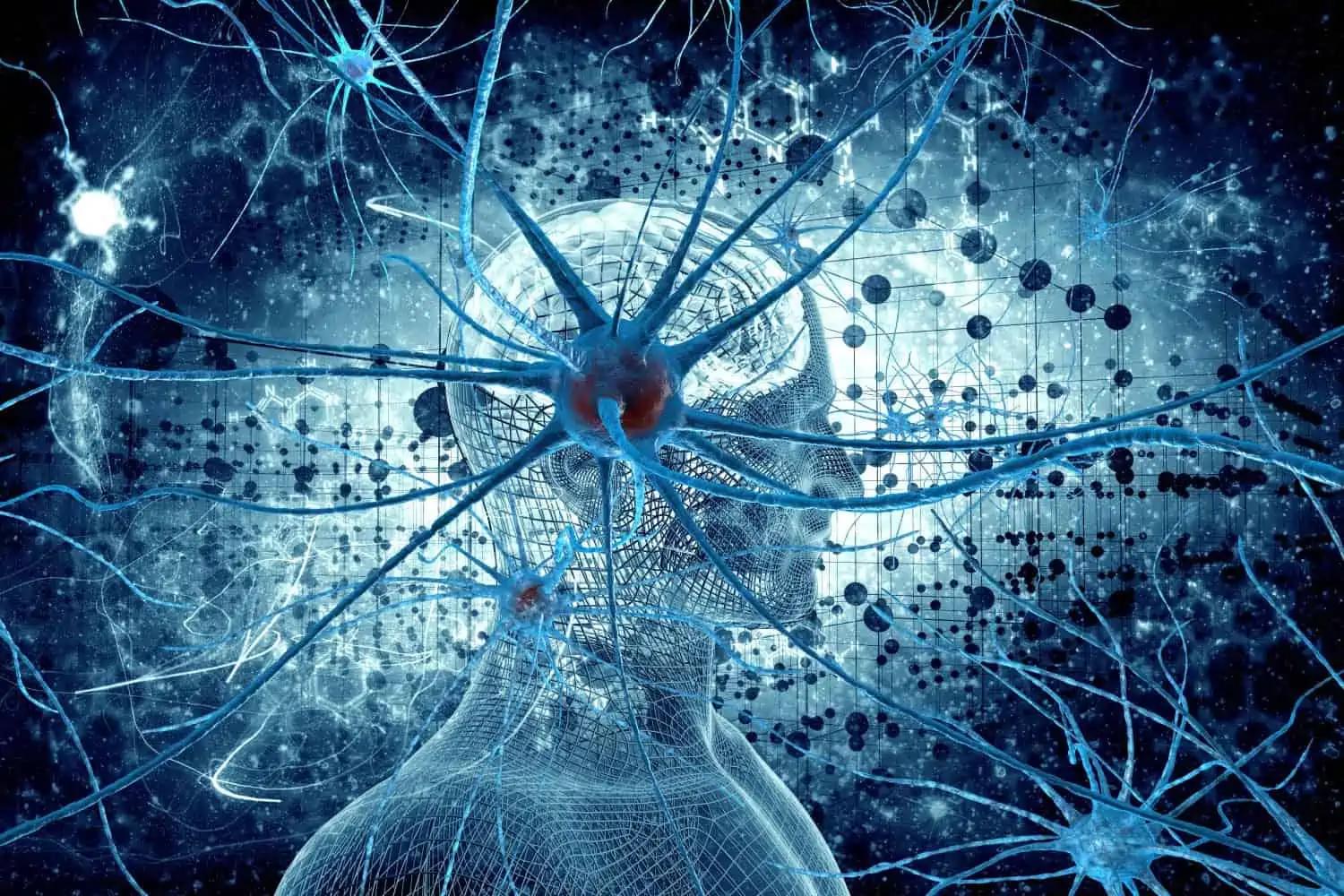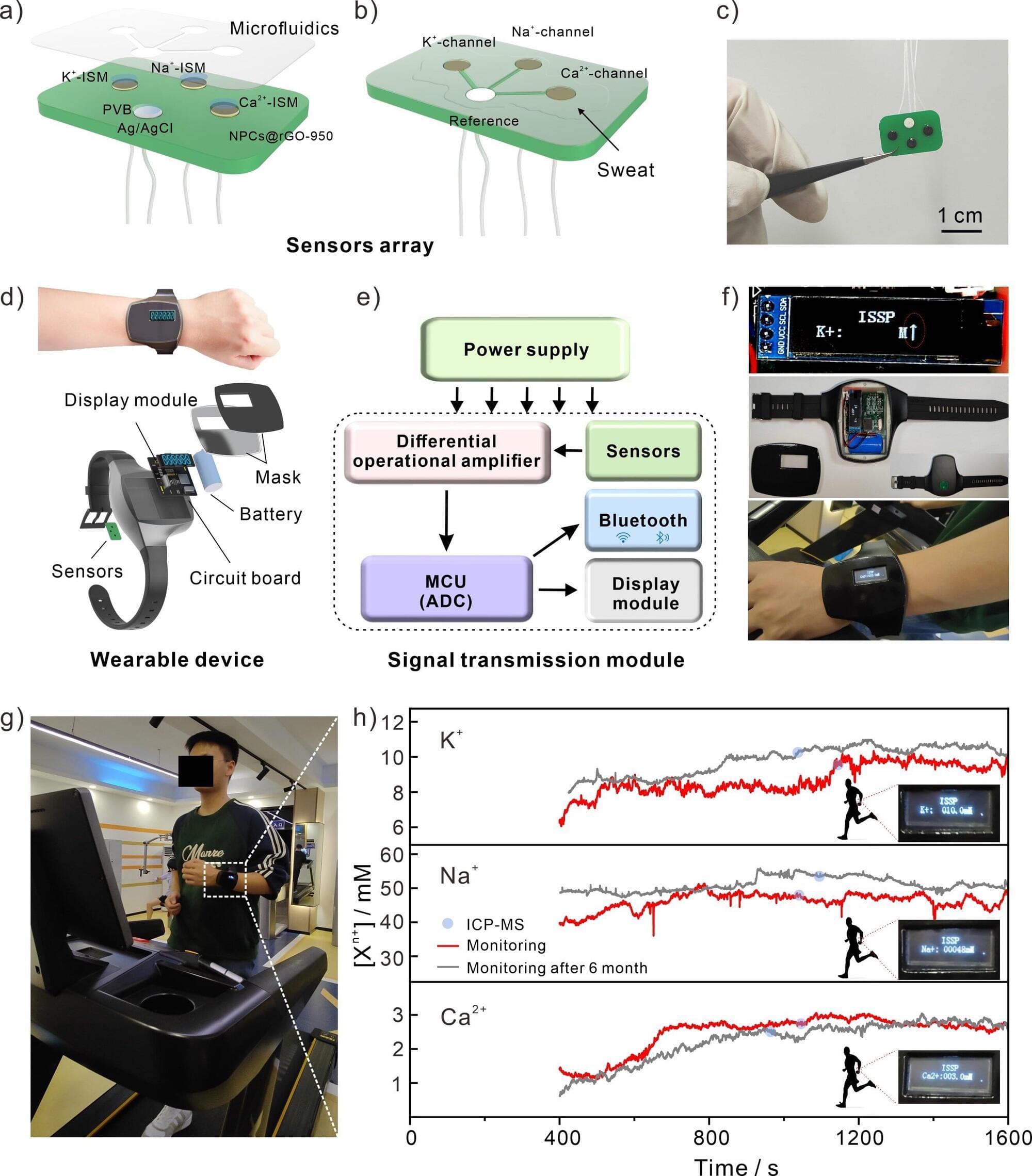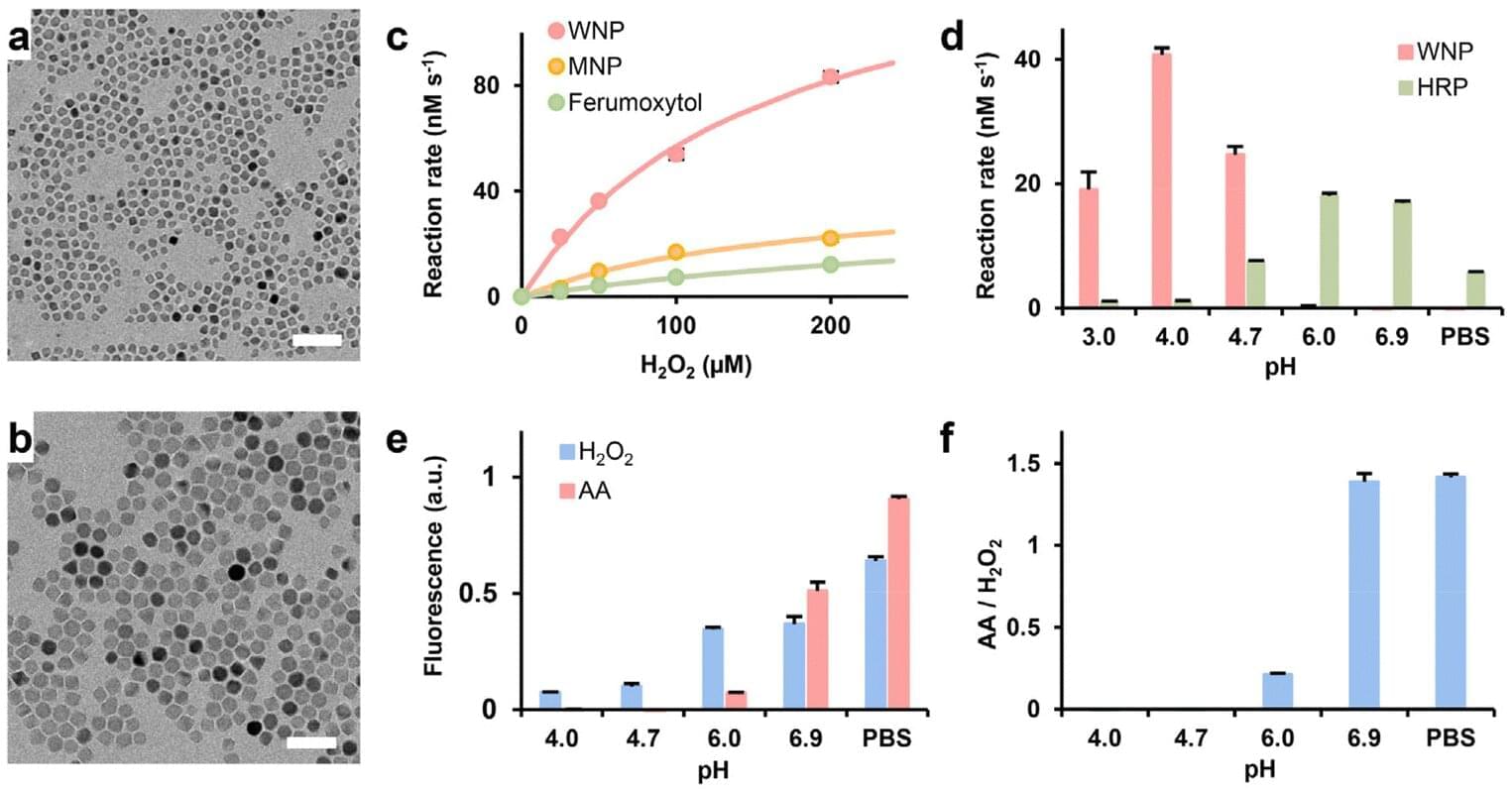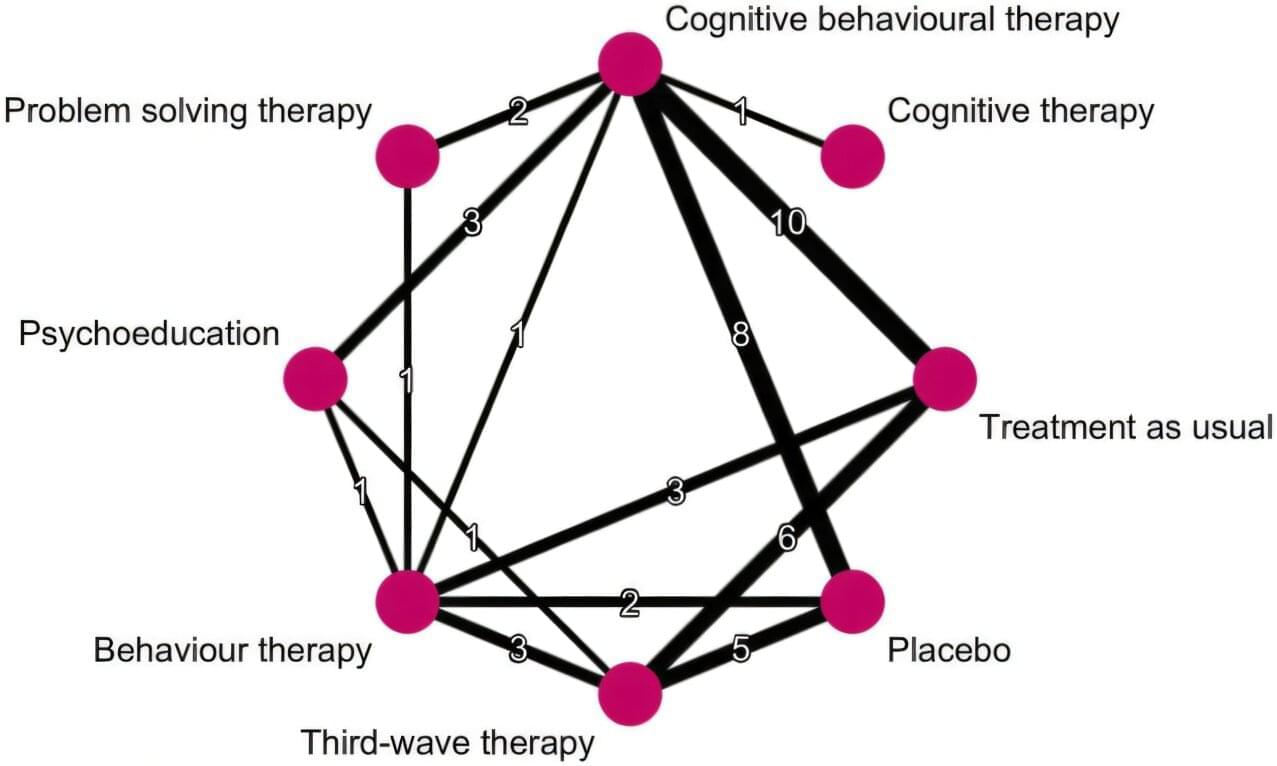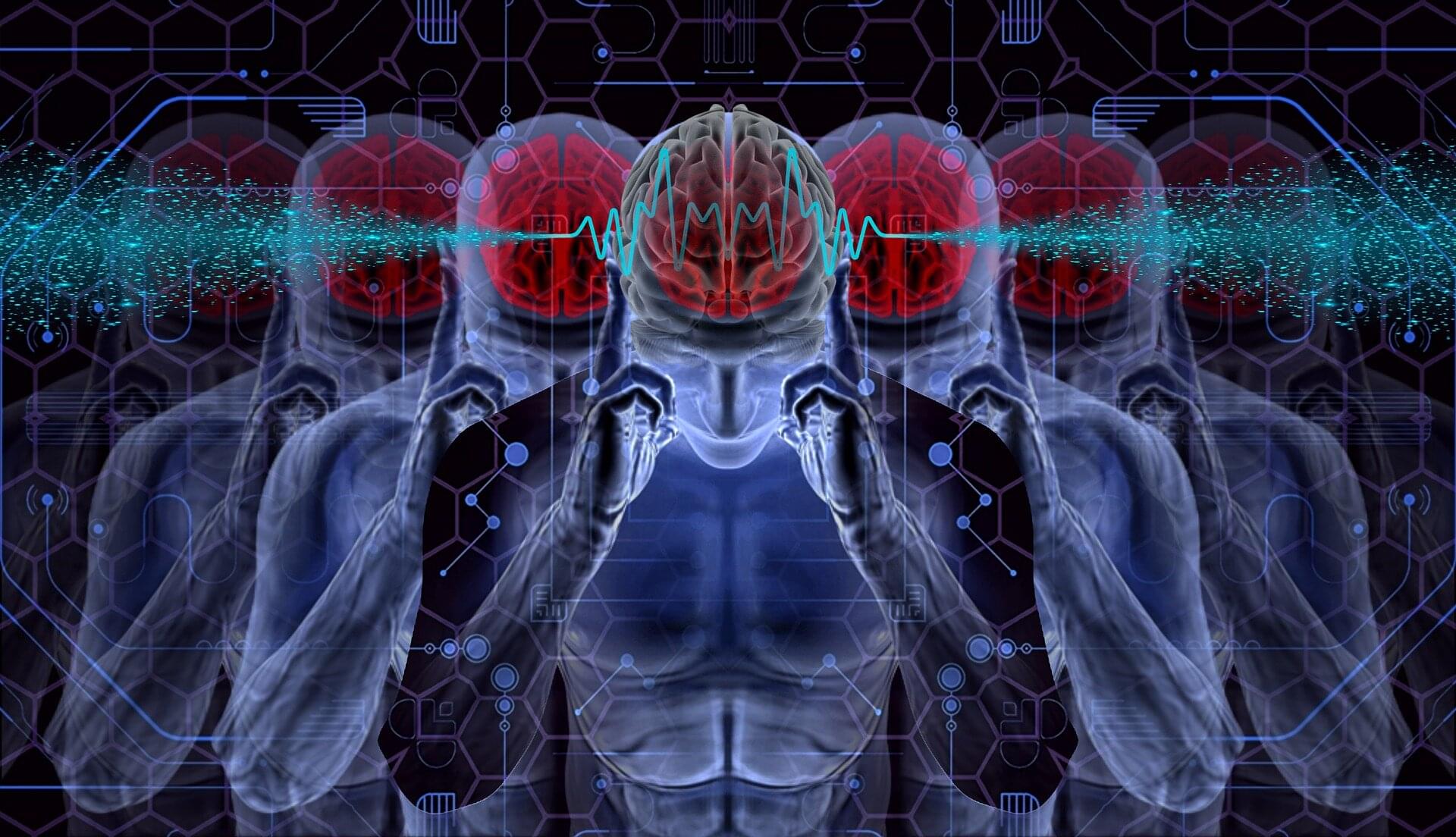When it comes to AI research, the company leading the way is undoubtedly OpenAI. Having successfully launched ChatGPT, the San Fransisco-based organisation has bigger targets in mind now.
In December 2024, it launched its latest version, o3, which has shown significant progress when it comes to Artificial General Intelligence (AGI). In other words, it has launched an AI system that can understand, learn and apply knowledge across a wide variety of tasks just like a human being.
But now, OpenAI CEO Sam Altman has revealed in his latest blog that the focus has shifted towards Superintelligence.
